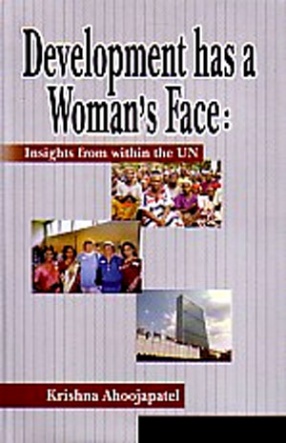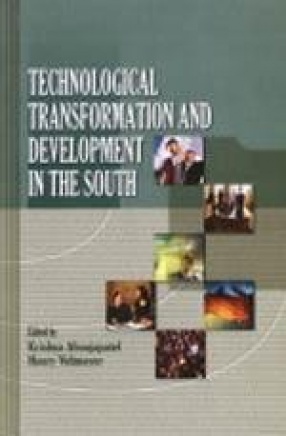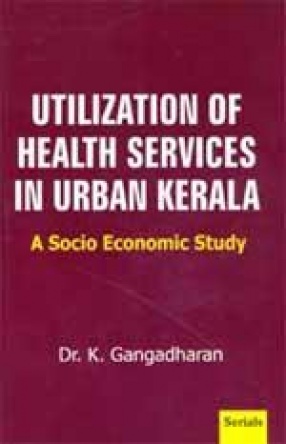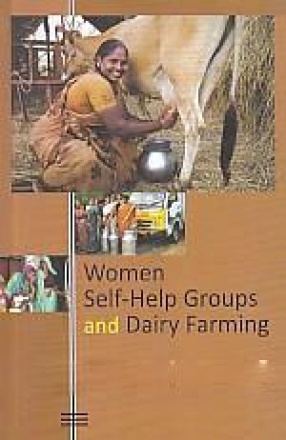The book analyzes the concepts that have transformed the 'woman question' into the current notion of 'gender mainstreaming': for example, take the question of redefinition of 'economic activity'–large area of women's work-considered "non-economic" in traditional definitions. Another concept can be illustrated by the tools and techniques devised to measure and quantify women's economic contribution to Gross Domestic Product (GDP) and the System of National Accounts (SNA). What difference does it make if an economy accounts for all women's work, paid and unpaid, inside and outside the house? The answer given by several surveys and reports show that its relevance lies in a very simple conclusion: women are poorer than men anywhere, everywhere. How did poverty across countries acquire a gender bias? Are the causes that determine this remarkable gender bias connected to any particular system of government or economic structure or social hierarchy? Wherein lies the problem? Does the segregation of occupations in the labour market resolve the inequality of remuneration between women and men? How is the political drama of women's entry in large number in the labour market connected to the legislative provisions which protect maternity rights and parental leave? What was the political prerequisite to declare basic needs strategies at the global level, when in fact women were meeting these needs at the household level? As women attempt to climb step by step the corporate ladder at the macro level, there is a tremendous upheaval in current strategies to introduce micro enterprises and micro credits for women. Why should the gender division of labour signify big money for men and small money for women? No matter which process of the development paradigm is analyzed, its hidden economic reality touches the profile of women.
Technological Transformation and Development in the South
Preface. Acknowledgements. ...
$48.60
$54.00






There are no reviews yet.